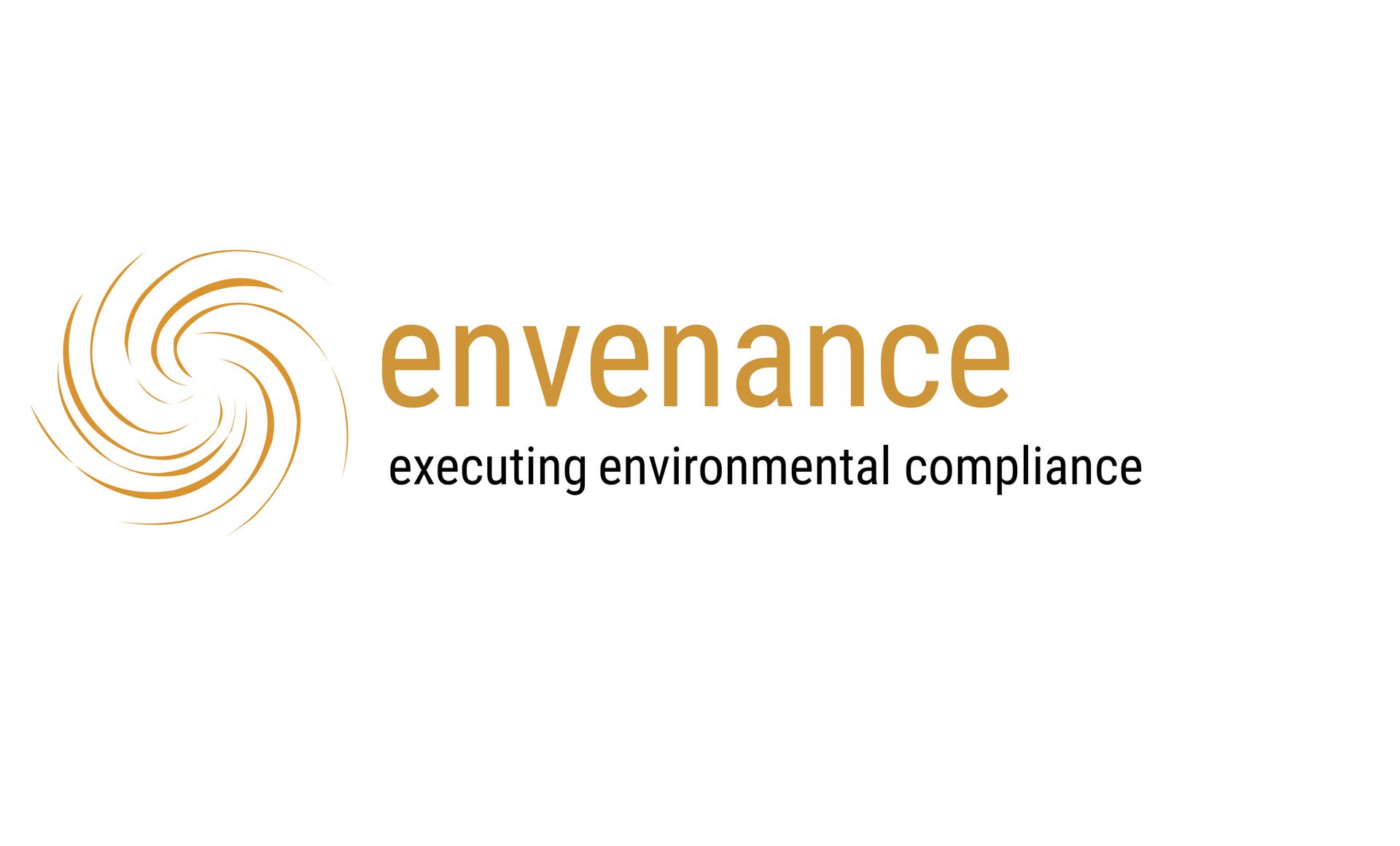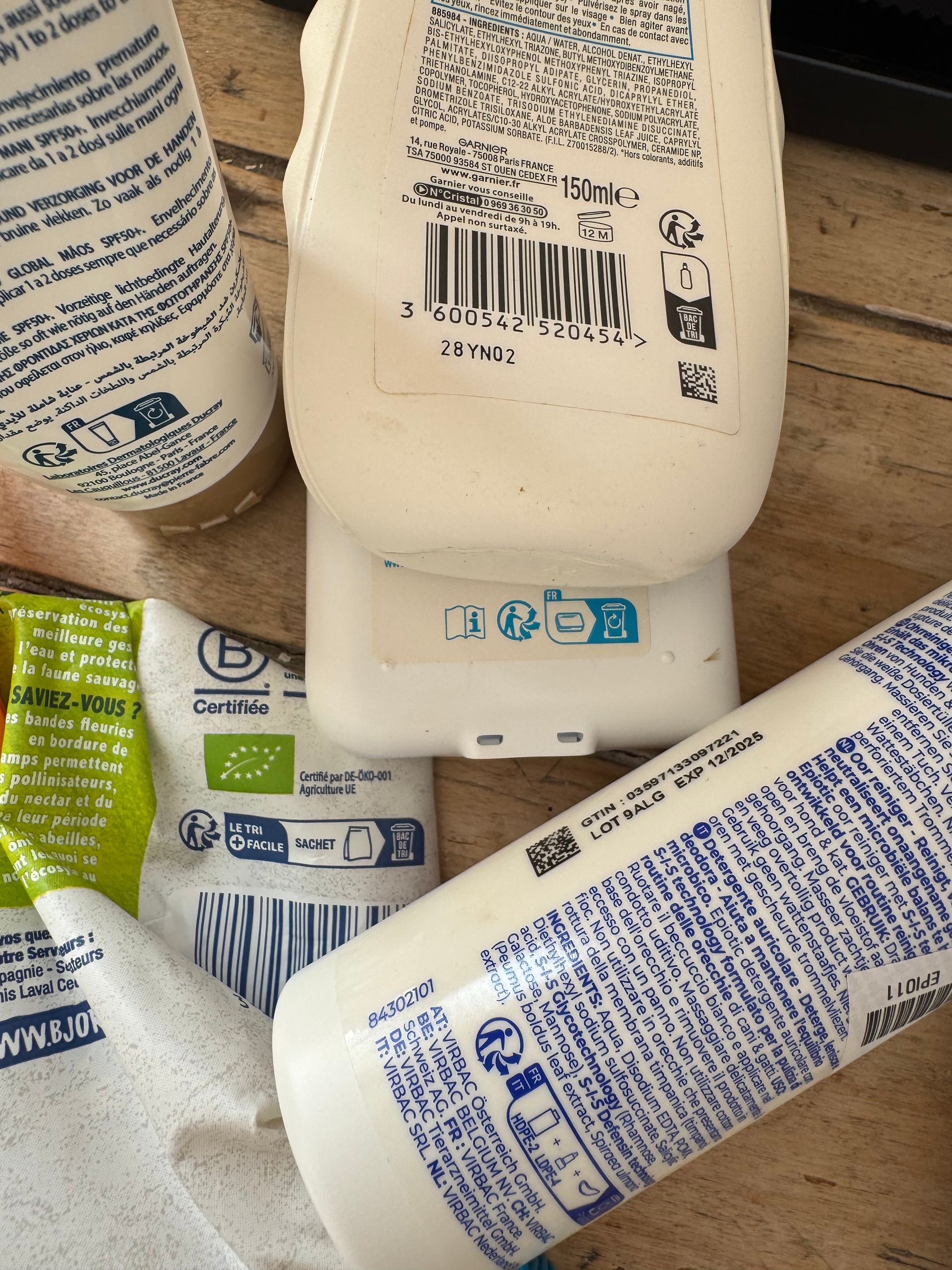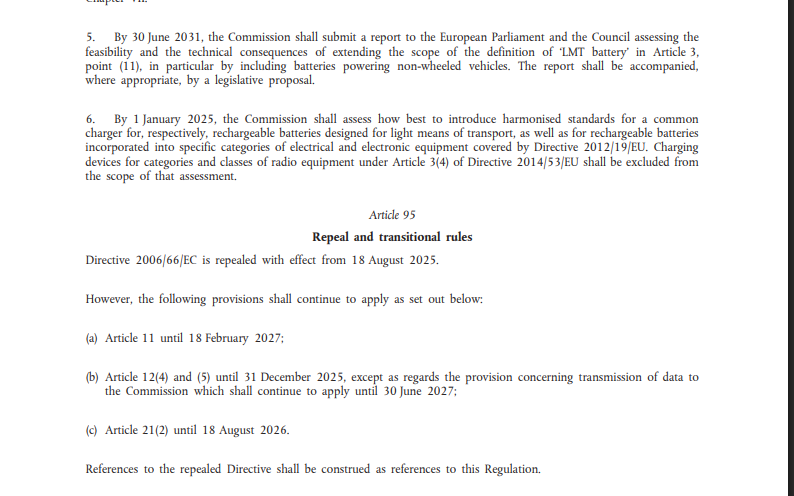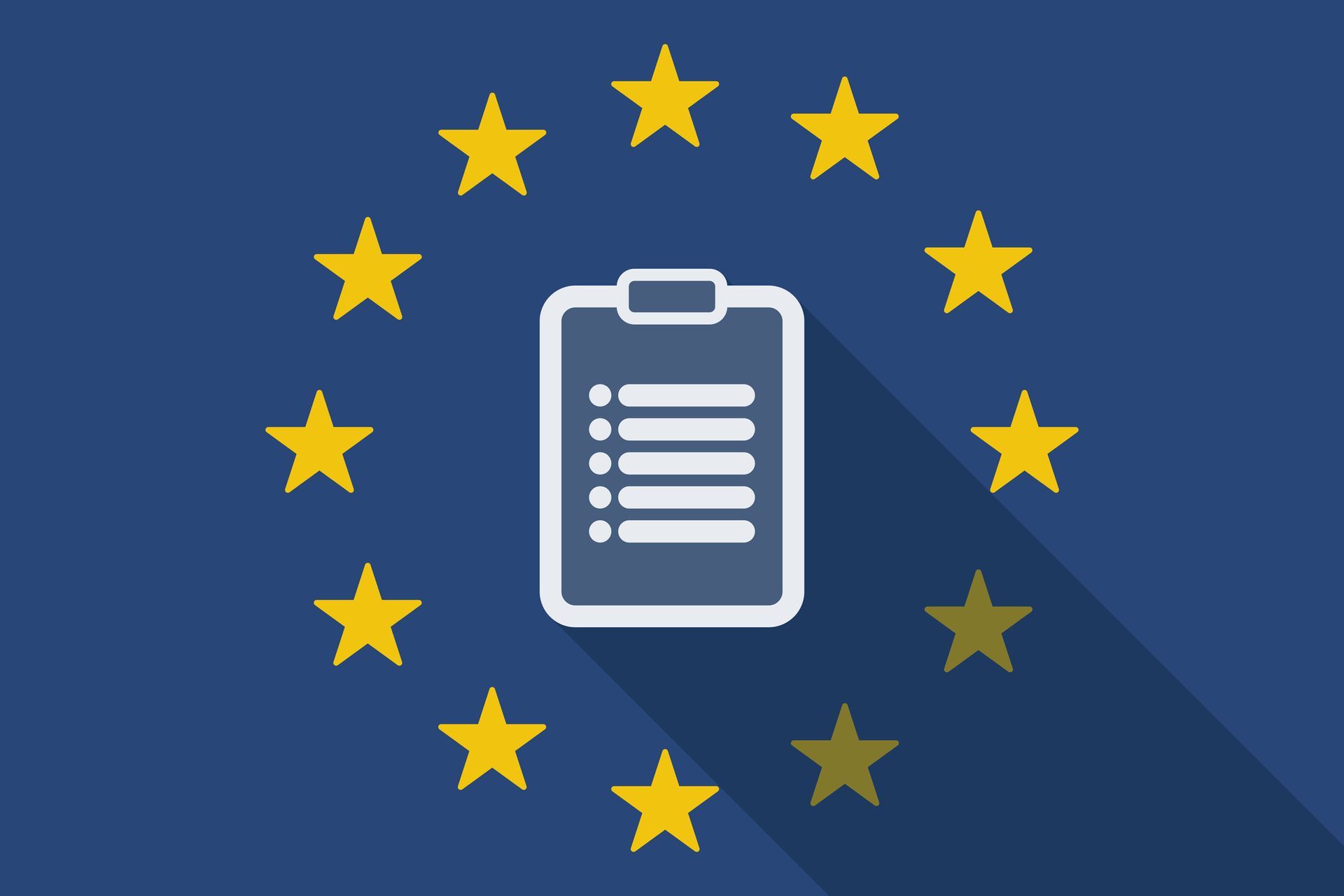One in – two out. What Would a Cut in Bureaucracy in the European Union Mean for Extended Producer Responsibility Regulations?
envenance on compliance.
The German chancellor candidate Friedrich Merz is committed to reducing bureaucracy in the European Union. https://www.friedrich-merz.de/merzmail/merzmail-03-2025/ In this context, he advocates the principle of "one in, two out" – meaning that for every new burdensome regulation, two existing and still effective regulations must be abolished. It is a bit ironic in the view of the author that Merz emphasizes a cut in bureaucracy, particulary regarding legal regulations at the same time when the new Packaging Regulation PPWR has been officially published – a regulation of 124 pages that replaces the Packaging Directive with merely 14 pages.
The European Union (EU) is known for its extensive regulatory framework, particularly in areas concerning environmental sustainability and waste management. One of the key mechanisms in this domain is Extended Producer Responsibility (EPR), which mandates that producers take responsibility for the entire lifecycle of their products, including waste management and recycling. However, EPR regulations are often criticized for being overly bureaucratic, with complex reporting obligations, varying national implementations, and high compliance costs. A reduction in bureaucracy within the EU could have significant implications for EPR policies.
Potential Benefits of Reduced Bureaucracy
- Simplified Compliance for Businesses
Many companies, particularly small and medium-sized enterprises (SMEs), struggle with the administrative burden of EPR compliance. A streamlined approach with harmonized regulations across EU member states could reduce complexity, making it easier for businesses to fulfill their obligations without excessive paperwork and redundant national registration processes. - Increased Efficiency in Waste Management
Bureaucratic inefficiencies can slow down the implementation of waste collection and recycling initiatives. Cutting red tape could enhance collaboration between stakeholders, improve data-sharing mechanisms, and allow for faster adaptation to technological advancements in recycling and circular economy practices. - Cost Reduction for Producers
Compliance with EPR regulations often comes with high administrative costs due to the need for extensive reporting, audits, and cross-border regulatory variances. Reducing bureaucratic hurdles could lower compliance costs, allowing companies to allocate resources more effectively toward sustainable innovation and eco-design improvements. - Encouraging Cross-Border Trade and Innovation
With fewer bureaucratic obstacles, businesses operating in multiple EU countries could benefit from a more standardized regulatory environment. This is particularly interesting for companies that market their products and come from the outside of the European Union.
Potential Risks and Challenges
- Risk of Lower Environmental Standards
While reducing bureaucracy can increase efficiency, there is a risk that essential environmental safeguards could be weakened. Simplification should not lead to deregulation that undermines the EU’s ambitious sustainability goals. - Uneven Implementation Among Member States
EPR systems vary across EU countries, with some having more advanced infrastructures than others. If bureaucratic cuts are not implemented carefully, disparities between national approaches could widen, making enforcement and oversight more challenging – even more than already today. - Transparency and Accountability Concerns
Robust regulatory frameworks help ensure compliance and prevent greenwashing. Cutting administrative requirements should not come at the cost of transparency, as this could lead to reduced accountability among producers and recyclers.
Leave EPR to the Free Market?
Should EPR regulations be sacrificed, the author is convinced that Extended Producer Responsibility (EPR) would not work effectively without such regulations. Waste is an external effect that cannot be left to the free market alone. EPR relies on legally binding frameworks to ensure that producers take responsibility for the environmental impact of their products throughout their lifecycle. Without regulations, several key challenges would arise:
- Lack of Enforcement – Without mandatory rules, many businesses might not voluntarily invest in waste management or recycling efforts, leading to increased environmental pollution.
- Market Imbalance – Companies that choose to implement sustainable practices could face competitive disadvantages compared to those that do not, creating an uneven playing field.
- Insufficient Funding for Recycling Infrastructure – EPR schemes fund recycling and waste management through producer contributions. Without regulations, there would be no obligation for producers to contribute, potentially leading to underfunded waste management systems.
- Ineffective Circular Economy Goals – The EU's ambitious sustainability and circular economy objectives depend on structured EPR frameworks to drive eco-design, waste reduction, and material recovery.
The Path Forward: Balancing Efficiency and Responsibility
To achieve an optimal balance, the EU should focus on harmonizing EPR requirements across member states, digitizing reporting obligations, and eliminating redundant or outdated processes. Standardized compliance mechanisms, such as a centralized EU-wide EPR registration and reporting platform, could enhance efficiency without compromising environmental integrity.
Ultimately, a reduction in bureaucracy should aim to make EPR regulations more effective rather than weaker. By streamlining administrative processes while maintaining strong oversight, the EU can create a more business-friendly environment that also upholds its sustainability commitments. While reducing bureaucracy can make EPR more efficient, completely removing regulations would likely lead to its failure, as voluntary initiatives alone are rarely sufficient to ensure widespread compliance and accountability. Cutting out the EPR rules completely is not the right way.













